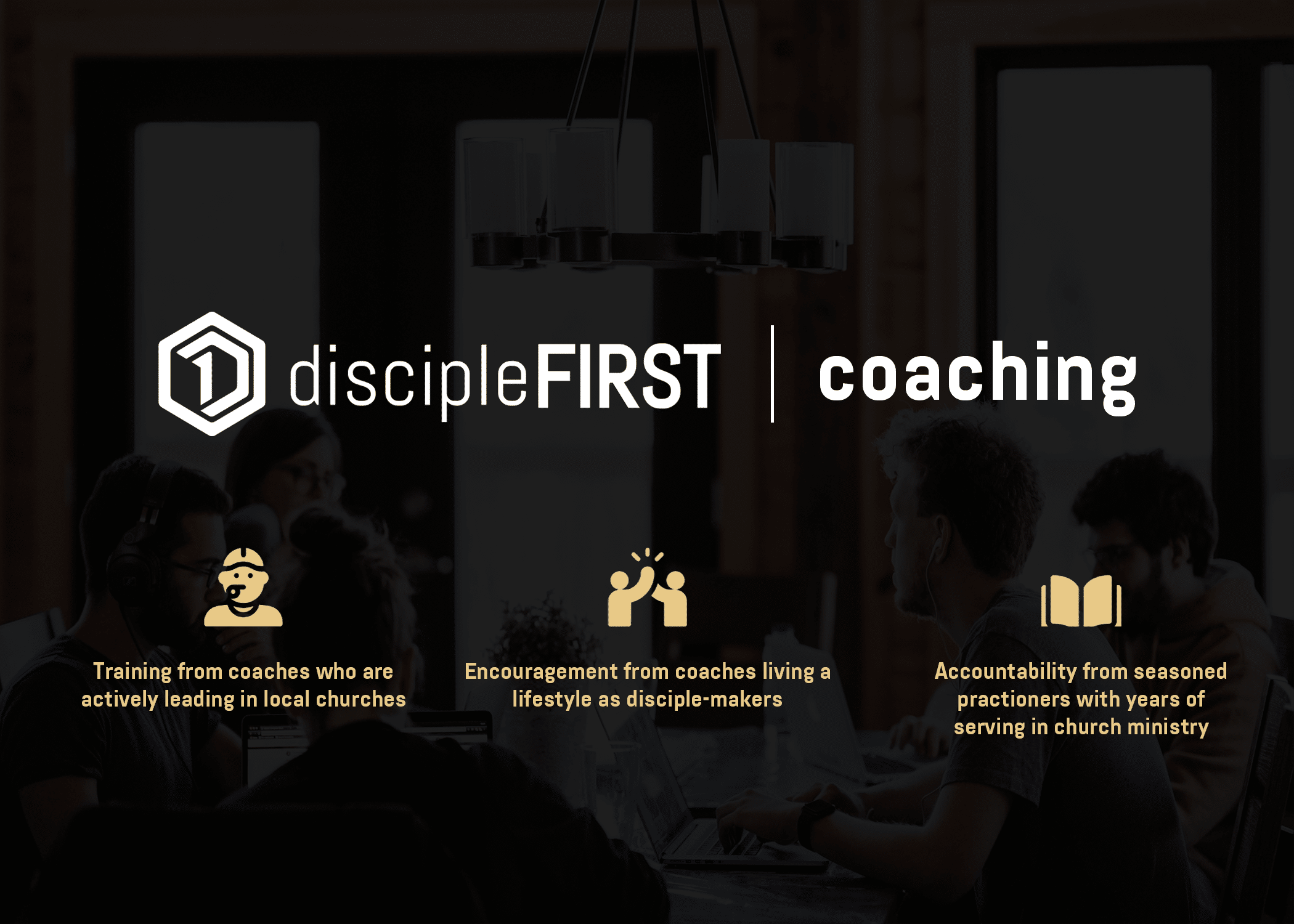Everyone has the ability to turn a casual conversation into a meaningful and life-changing conversation.
Moving from casual conversation to personal conversation.
Once you have established a casual conversation, then the next step is to move toward something personal. This means that you turn the conversation from your circumstances or surroundings to something personal about the individual with whom you are talking.
The best way to do this is by asking questions. You may say, “Planes really make me feel uneasy.”
Then you could ask, “How about you? Do you fly a lot?” That question turns the conversation from casual to personal.
You may see the Dallas Cowboys hat and say, “Have you been a fan for a long time?” You could even follow up that question with another like, “How did you become a Cowboys fan?” Natural questions are the best way to get more personal.
At this point, you will be able to tell if the person is willing to talk to you or not. If they respond with short, one-syllable answers and then ignore you, you just hit a brick wall. But many people are hungry for someone to talk to them, and typically their favorite topic is themselves. As they talk about themselves, ask good questions.
One time on an airplane, I struck up a conversation with a man sitting next to me. We started talking about flying, and I asked him where he was headed. He was on a business trip and would be gone for a few days. I then asked what kind of business he had, and he told me he worked for a global tire manufacturing company.
For the next thirty minutes, I asked him all kinds of questions about how tires are made. He told me about how tires are engineered, how molds are made, and how they are tested for flaws. It was a fascinating conversation. It was casual, and then it became personal, but not too personal. I didn’t ask him how much money he made or how many times he had been married. I kept it on the surface and moving.
In our culture, people seldom bother to really listen and care about another person. We are so wrapped up in our music, thoughts or projects, that we often don’t take notice of someone else, much less listen to them.
So asking appropriate questions and not talking about yourself is often refreshing and intriguing.
Moving from personal conversation to meaningful conversation.
Once you are talking about casual and somewhat personal things, the next step is to turn the conversation toward something that is meaningful. A meaningful conversation involves a feeling or a challenge they are experiencing. This is beginning to get below the surface to how they are dealing with life.
Jesus did this by exposing the woman’s relationship struggles. As they talked, Jesus asked her to bring her husband. When she admitted she didn’t have a husband, Jesus affirmed that was true, and went on to tell her how she had been married five times and wasn’t married to the man she was currently with. You could say Jesus moved the dial from personal to meaningful in a significant way.
Though you may not be able to have the same kind of insight or information, you can ask questions that invoke a meaningful response. You can engage people with questions that bring up areas of struggle.
If you are talking about a person’s career, you might ask, “So, what’s the most stressful part of your job?” It’s so interesting to see how people respond to a question like that. or you could say, “I bet it’s tough balancing work and family. How do you manage to do it?”
The goal is to get below the surface to real meaningful issues that they are facing right now. Any question that requires them to reveal a struggle or feeling, is leading the conversation past the surface to what is meaningful and significant. Getting to this level of conversation requires trust and honesty.
Most often, if you are able to reveal a struggle you are facing, then they will be comfortable doing the same. Remember, it’s hard for people to trust, especially someone they hardly know. Your genuine care and interest can be felt by the person with whom you are talking. The more you care, the more they might be willing to share.
When people feel comfortable talking to you, they will answer the question and share a challenge they are facing. If they are not ready for that kind of self-disclosure, then they will cut the conversation short.
In many ways, guiding conversations is much like walking down a hallway of doors. When you gently push on one door, if it opens, then it reveals another door. You just keep gently pushing until you find one that won’t budge. Ultimately, it is the Holy Spirit who is at work all along, guiding the conversation, and opening hearts along the way. Your job isn’t to force a door open, but just to be available to gently push and see how the Spirit leads.







